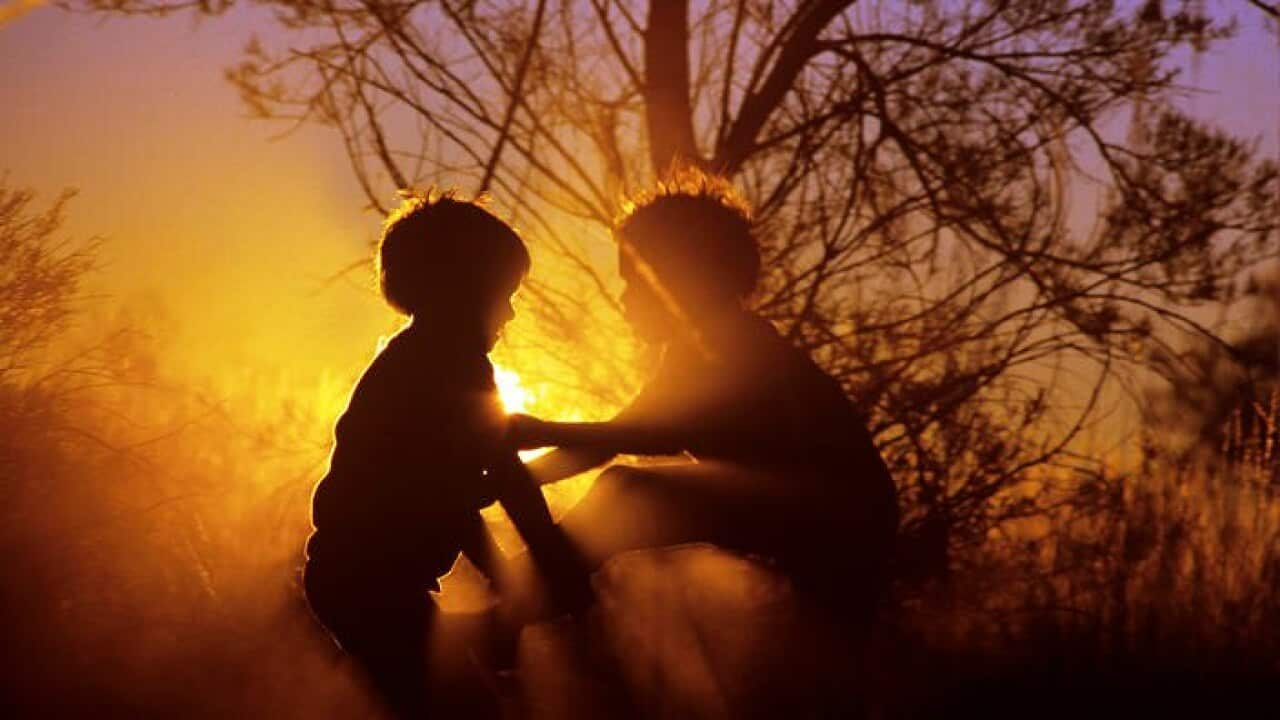More than 300 members of the Stolen Generation will receive an additional $10,000 in compensation from the the South Australian government.
The payment - which will be made within the next six weeks - follows an earlier $20,000 payment.
Similar reparations schemes have rolled out in New South Wales and Tasmania.
SA Premier Steven Marshall told parliament this week the payments would come from the $3 million left in the former Labor government's Stolen Generations Reparations Scheme.
“The Government believes this is the fairest way to allocate the remaining funding,” he said.
“In our generation we acknowledge the hurt, the devastation and the wrongs of removal and offer some closure to those removed.”
A further $1.65m will go towards 27 community projects that include a range of “healing activities”.
In a report tabled to state parliament, the experiences of Stolen Generation were compared to Australian soldiers by independent assessor and former MP John Hill.
“Like the heroes of World Wars I and II some Stolen Generations applicants have flourished, while others have suffered the not unpredictable effects of post-traumatic stress disorder: addiction, mental illness, domestic violence, family breakdown, unemployment and suicide,” Mr Hill said.
'Reparation' not a gift
One survivor, who did not want to be identified, said it was important for recipients to understand the payment was not a gift but “reparation for pain and suffering.”
“To me, the announcement was an unspoken acknowledgement that there was pain and suffering,” she told NITV News.
“There’s still so much more work to be done in the healing space with inter-generational trauma, we need government to get people in authority to engage in deep listening with the Aboriginal community.”
“Non-Aboriginal people need to step aside to allow Aboriginal people to develop and deliver appropriate programs aimed at healing processes.”
One person who did not want to be part of the reparations scheme was Indigenous leader Tauto Sansbury.
He was removed from his family and placed in a boy’s home with two brothers who have since died.
Mr Sansbury had an initial discussion with the state government about the scheme but said he didn’t want to go through any more pain talking about his experience.
“I had to draw a picture to prove that I was in a boy’s home at the beginning of discussions,” he told NITV News.
“I hope that when they do pay that money out, that it’s not put off for too long for the people that have already been assessed and approved.”
Share


